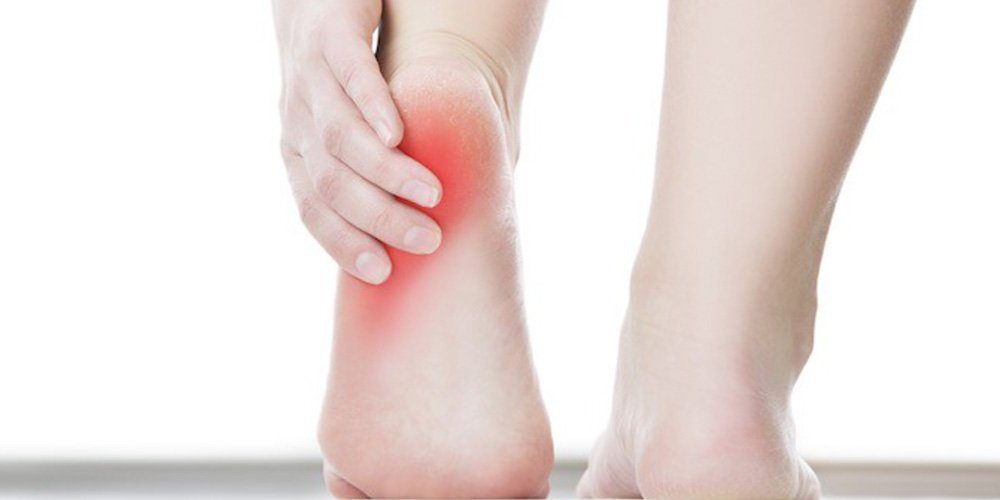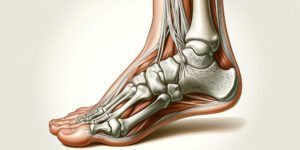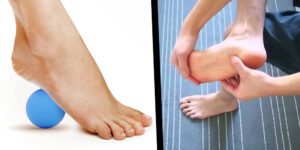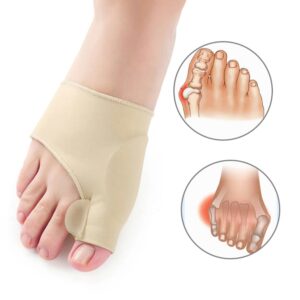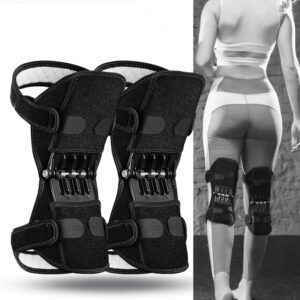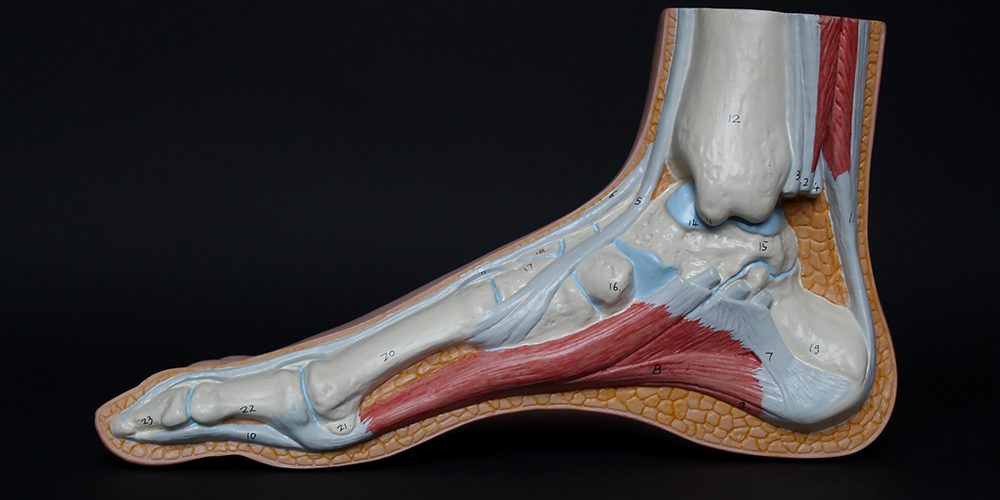Plantar fasciitis is a condition in the foot that affects the tendon which runs from the heel to the ball of the foot. This is one of the most common causes of pain in the heel and foot which creates a stabbing pain you’ll feel with your first steps out of bed in the morning.
Once your foot warms up the pain will usually get better. However, after standing on your feet for long periods of time, or sitting for long periods and then getting up again, the pain returns. The pain originates from the plantar fascia, or long thin ligament that lies directly beneath the skin of your foot and connects the heel to the front of the foot. The function is to support the arch of the foot.
One of the most common causes of the pain is foot arch problems. People with flat feet or who have highly arched feet can both suffer an increased potential for this pain because the plantar fascia is abnormally stretched or tight to provide the shock absorption to the foot. Overpronation during walking and running will also cause the foot to flatten abnormally during activity.
Biomechanical problems of the foot can also lead to overpronation and stretching of the plantar fascia. These problems include ankle equinus (limited ankle motion), forefoot varus, leg length discrepancies and tibia vara (slight bow leg).
Long distance runners or people who suddenly change the amount of distance they are running – like runners, soccer players, basketball players or weekend warriors – are at risk for plantar fasciitis because of the sudden change in milage or intensity.
Shoes that don’t provide the proper arch support to the foot – especially for those who have flat feet – can increase the risk of developing the condition. Sudden weight gain, like in pregnancy, or people who are overweight or obese will also have an increased risk of plantar fasciitis.
During diagnosis and while prescribing treatment your physician may determine that your Achilles tendon is tight. This tight tendon will also put undo stress on the plantar fascia and increase the risk of development as well as slow the rehabilitation from plantar fasciitis. A tight calf muscle or Achilles tendon will create an environment in which there is high velocity pronation that produces a repetitive overstretching of the plantar fascia.
The pain from the condition often develops slowly over time and not suddenly. Your physician may also want to take x-rays or bone scan of your foot to be sure that the bone hadn’t separated and you were also suffering from a stress fracture of the heel.





